

Aerial view of the World War 2 shipwreck of a Japanese transport ship (Kinugawa Maru) that lies just off Bonege II beach on Guadalcanal island.
Photo/Unsplash
80 years on, Pacific continues to bear deep scars from World War II
From sunken warships to deadly bombs, the Pacific’s wartime past still shapes lives today, as families call for greater recognition of Pasifika soldiers.


US funding cuts threaten to 'dry up' future of Pacific scientists - expert
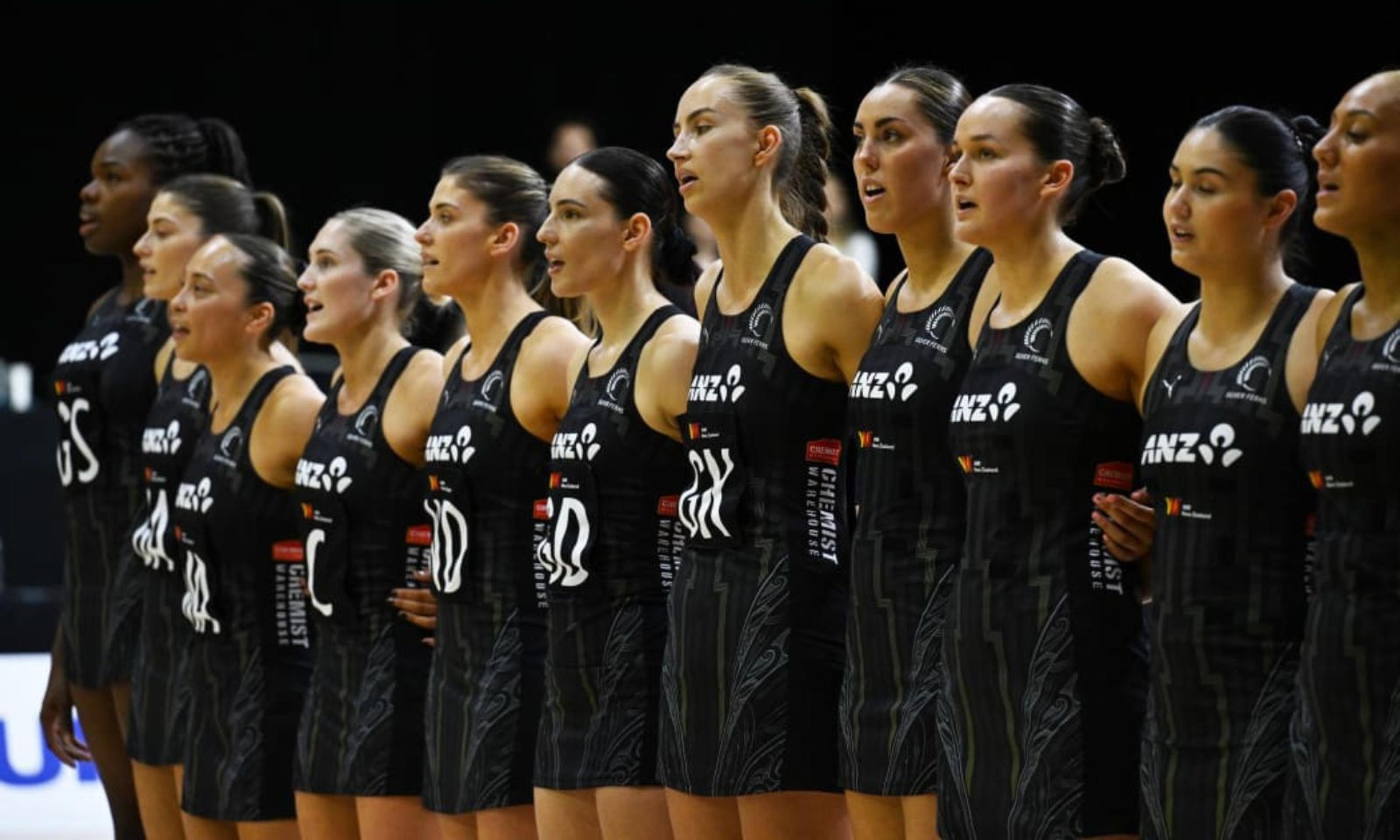
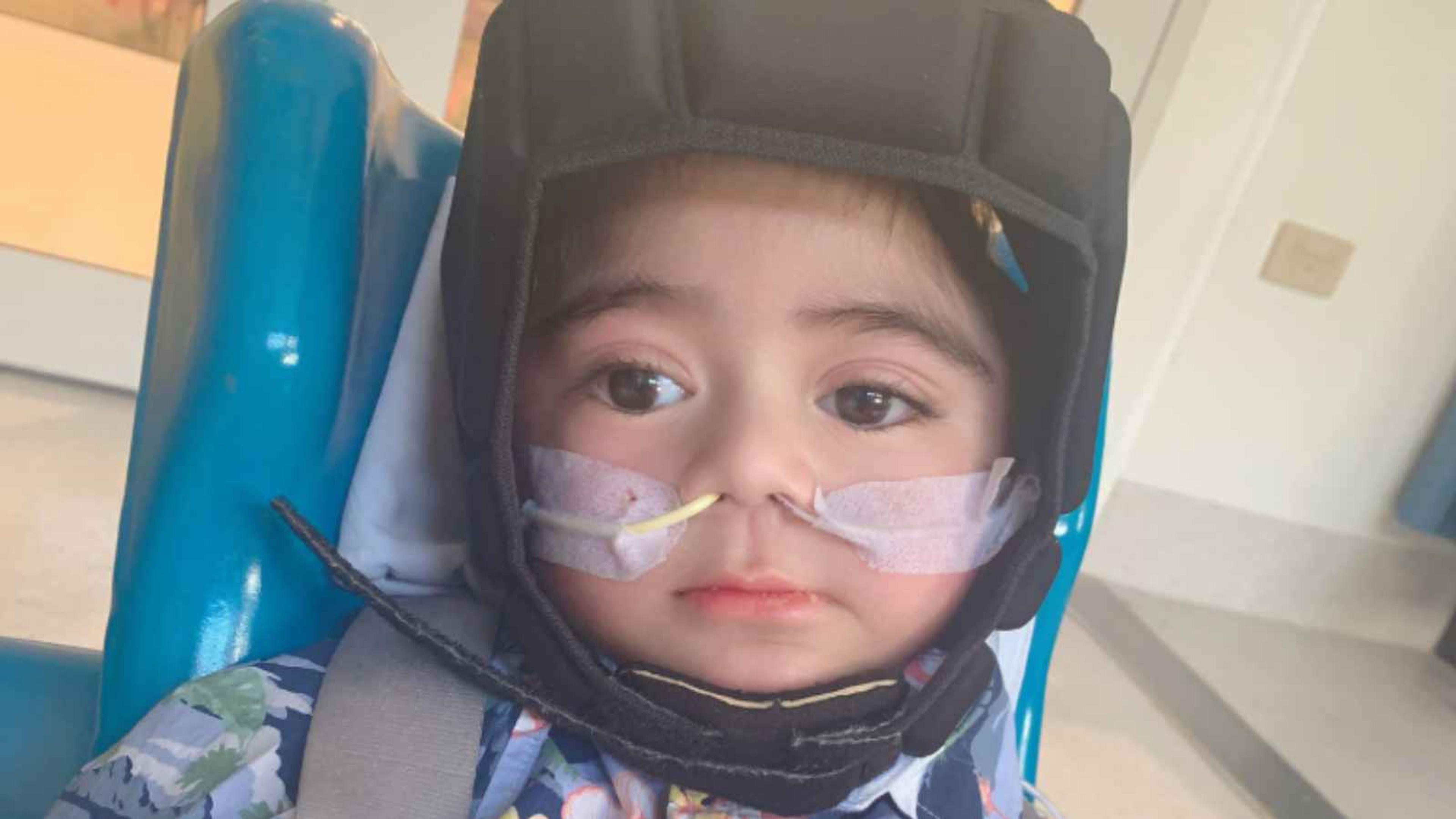
Immigration reassesses toddler's declined visa request as Children's Commissioner steps in

Inked across lands: How Pacific tattoo art is thriving in Germany

US funding cuts threaten to 'dry up' future of Pacific scientists - expert


Immigration reassesses toddler's declined visa request as Children's Commissioner steps in
Eighty years on from the end of the Second World War, Pacific families continue to live with reminders of a conflict that shook up their lands and lives.
This month marks the 80th anniversary of Japan’s surrender on 15 August 1945, which brought the global conflict to a close. The war resulted in the deaths of more than 70 million people worldwide, including almost 12,000 New Zealanders.
But for those in the Pacific, the scars of war remain etched in both the land they inherited and the experiences of generations. The Solomon Islands served as a battleground during the Pacific theatre of the war, which involved the conflict between the United States and Japan that led to over two million deaths.
Dr Gordon Nanau, an Associate Professor of Pacific Studies at the University of Auckland and a native of Guadalcanal in the Solomons, explains how his people were involuntarily pulled into the war.
“I'm specifically from Guadalcanal, where most of the Second World War activities took place. For our people in the Solomons, it's an important event for them to remember this terrible event. It's something that they were pulled into. Many of our ancestors, including our fathers and mothers when they were still young, had their lives disrupted by the Second World War,” Nanau says.
The physical remnants of this conflict are still visible in the Pacific. Nanau recalls the wreckages at Ironbottom Sound, where between August and December 1942, 111 naval vessels and 1450 planes were lost, including 20,000 lives.
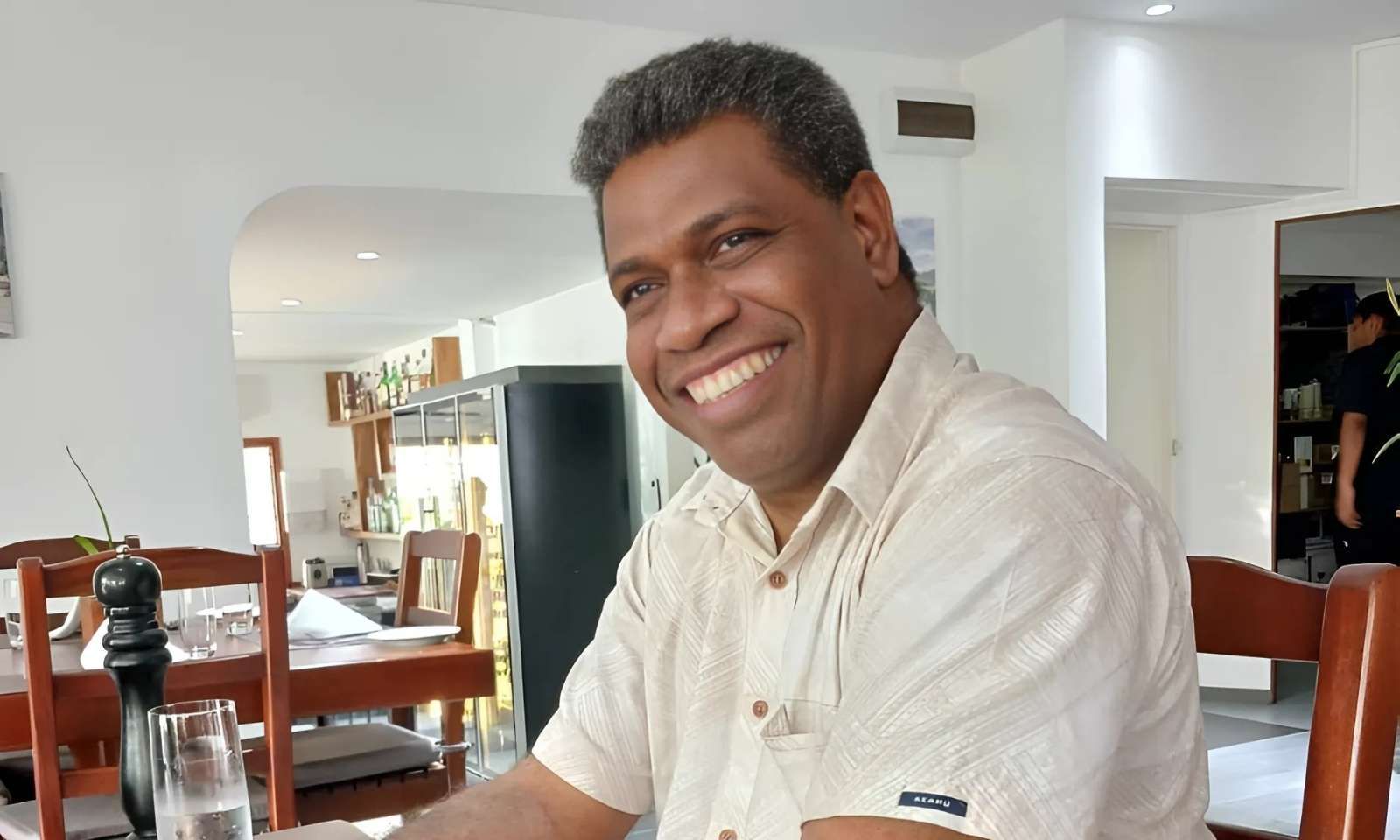
Dr Gordon Nanau, Auckland University’s Associate Professor of Pacific Studies. Photo/Facebook
“It was a terrible event. Those wreckages are there. Along our beaches, if you go for a picnic, you'll see at least around West Guadalcanal. For Solomon Islanders, especially those living in or around Honiara, we are regularly reminded that these are very dangerous leftovers from the Second World War,” he says.
He points to a 2021 incident in Honiara’s Lengakiki area, where a 101mm-cannon round exploded, killing two and injuring two youth members of the Kukum Seventh Day Adventist Church during a fund-raising barbecue, all because they were near the explosive.
“For people who are building outside of the city boundary you hear of accidents. People burning the bush or digging, and they came into contact with these bombs and got killed. So these are terrible reminders, especially for those of us who grew up in Honiara,” Nanau says.
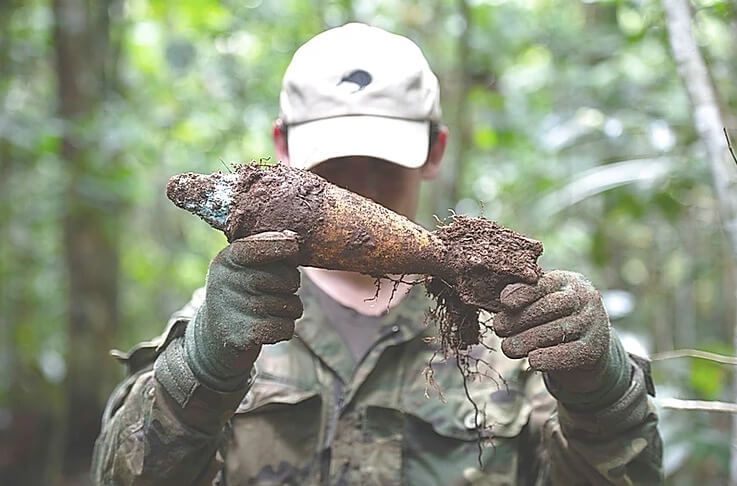
In 2019, a team of 21 defence force bomb experts from New Zealand headed to the Western province of the Solomon Islands to help get rid of 500 unexploded World War II weapons. Photo/New Zealand Defence Force
Global leaders have also recognised the sacrifices made during the war. United States President Donald Trump describes the conflict as a “triumph over tyranny” and attributes the victory to the sacrifices of those on the frontlines.
New Zealand’s Minister of Defence, Judith Collins, honoured the war veterans for their sacrifices and acknowledged the “debt” owed to them. But many in the Pacific feel that the contributions of the region’s war veterans are often overlooked.
Green Party Pacific Peoples spokesperson Teanau Tuiono echoes this sentiment. He says they continue to remember the “too-often-forgotten” Pacific soldiers from the Cook Islands, Niue, Sāmoa, Tahiti, and Tonga who fought alongside the Māori Battalion.
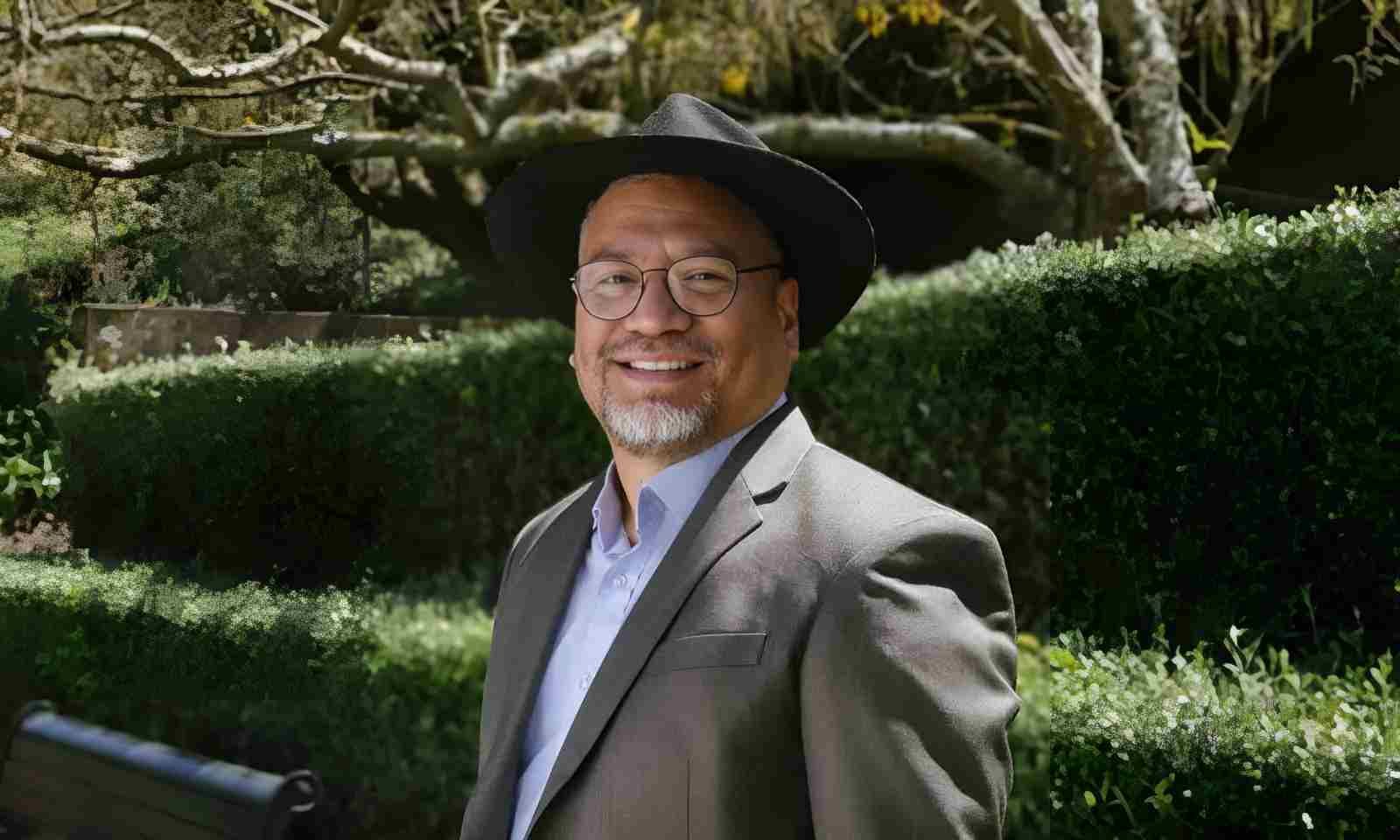
Green Party MP Teanau Tuiono. Photo/Green Party
“Despite facing political and cultural barriers when enlisting from their home countries, being excluded from rehabilitation schemes, and not being provided passage back to their home islands post-war, these men showed their unwavering support to the campaign,” Tuiono says.
“Their participation weaves Pasifika histories into the wider fabric of Aotearoa and pays homage to the connections across te Moana Nui a Kiwa, between tagata moana and tangata whenua. We owe it to these men, their whānau and their communities, to ensure their stories are uplifted and honoured.”
Minister for Veterans Chris Penk also acknowledges this overlooked contribution, saying it is fitting that New Zealanders pause to remember the debt owed to the country’s World War II veterans.
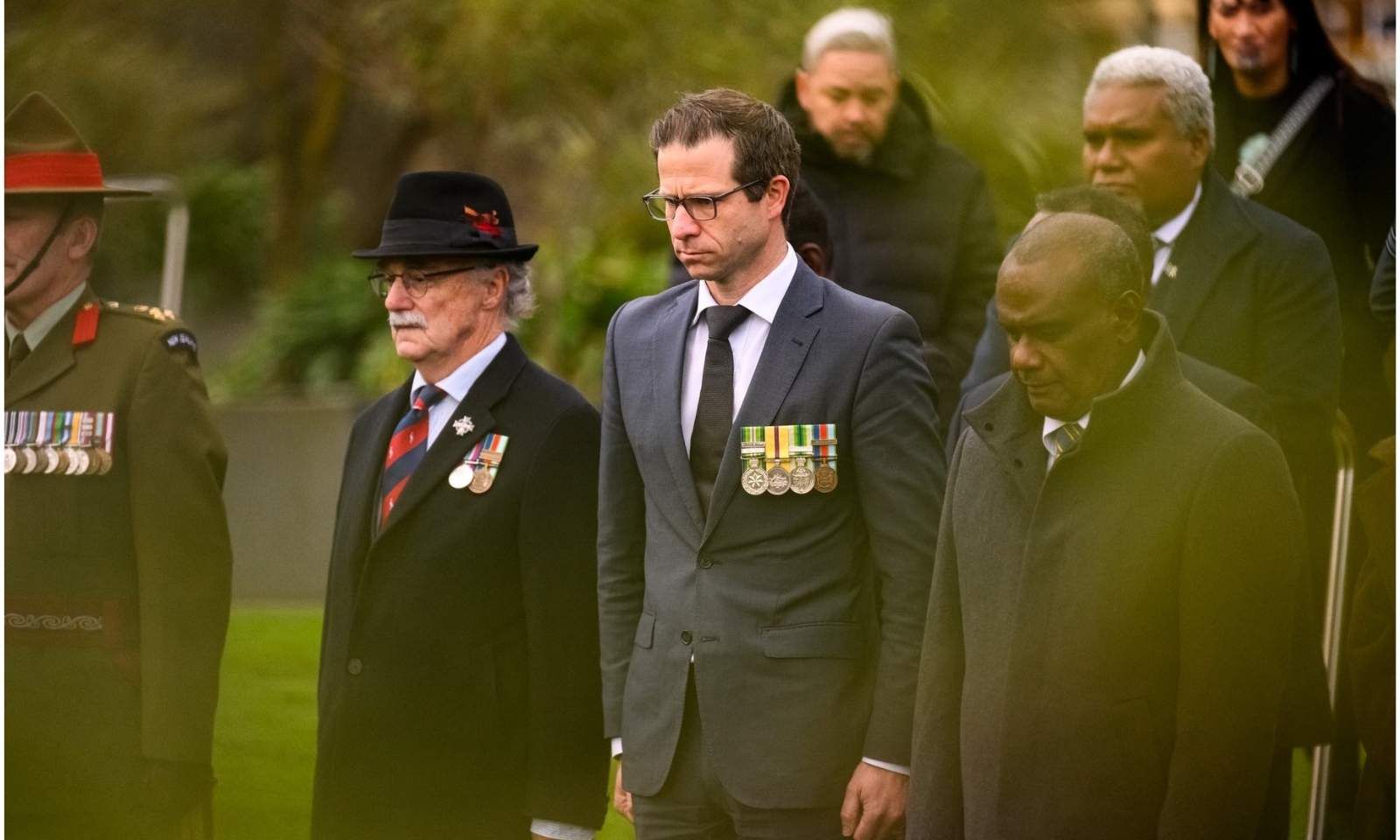
Earlier this month, Veterans Minister Chris Penk joined Solomon Islands Prime Minister Jeremiah Manele for a wreath-laying at the Pacific Islands Memorial. Photo/Facebook/Chris Penk MP
Penk says that during the war, a secret network of coastwatchers was set up across the Pacific, including the Cook Islands, Niue, Kiribati, Tuvalu, and the Kermadec and Auckland Islands. The network was staffed by New Zealand soldiers, civilian radio operators, and locals. The work was dangerous and isolating, with 17 fatalities and one death as a prisoner of war.
He mentions the steps taken by the New Zealand Government in 2022 to formally recognise their bravery and sacrifice. This included providing service plaques for their headstones and certificates signed by the Governor-General.
“Earlier this year, I had the privilege of commemorating Anzac Day in Niue, remembering those who gave their lives not only for our countries, but also in defence of our allies and the wider Pacific,” Penk says
“Our shared history and ongoing relationships with Niue and the Cook Islands are founded on the deep bonds forged through service and sacrifice, as well as constitutional ties and shared citizenship.”
Nanau says it is important to continue honouring the Pacific’s contributions. He often comes across Pacific people who tell him that their grandparents served on Guadalcanal during the Second World War.
“Recognising Pacific Island soldiers, including Māori, for whatever role they played during the Second World War. There's graves in the Solomons that have bodies from Fijians and other Pacific Island soldiers,” Nanau says.
“It's only proper at this 80th anniversary to recognise them a bit more. There needs to be more of an acknowledgement of the effort that Pacific Island soldiers, scouts or spies did over those years.”